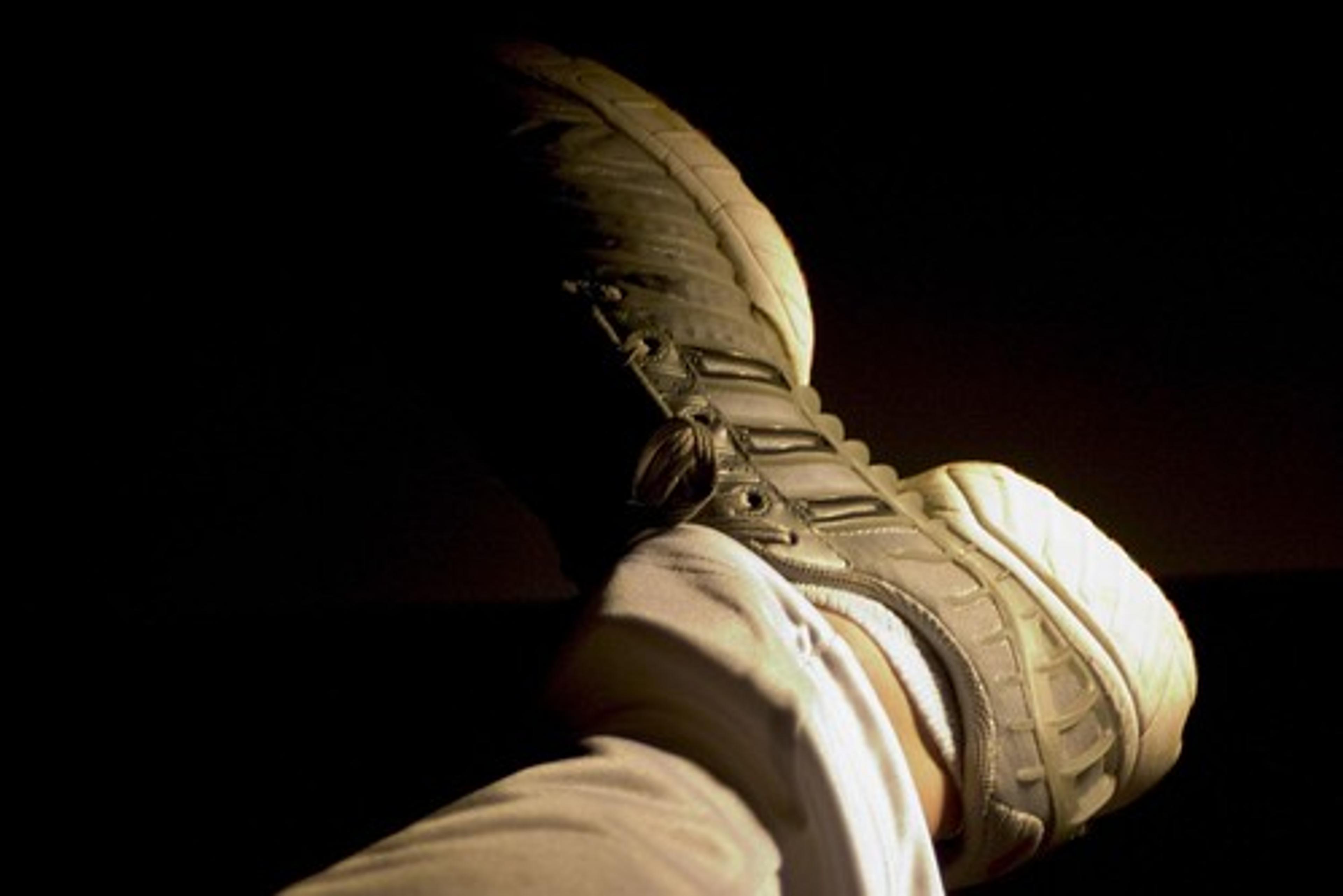What You Need to Know If You Have A Stress Fracture

Allison Hella
| 4 min read

My summer of running is being cut short, since all of this nonstop running has caused a stress fracture to develop in my foot.
I tried to push through the pain (oops…bad idea) but now I have to wear a boot and cut off all weight-bearing exercise for a few weeks. I reacted to my doctor’s news as if the world was simply ending. What even is a stress fracture? What symptoms might have differentiated this from a simple ache? Is all of this treatment really necessary? How am I going to go 2-4 weeks without running? But after some research I found answers to my questions.
What is a stress fracture?
By definition, according to Mayo Clinic, a stress fracture is a tiny crack in a bone. They’re caused by repetitive force to the bone –so basically, overuse. Although this is a common way for athletes to receive them, stress fractures can also develop in a bone weakened by osteoporosis.
What symptoms might have differentiated this from a simple ache?
Symptoms of a stress fracture include:
- Swelling & pain
- Tenderness in a specific spot
- Increased swelling & pain with activity; Decreased swelling & pain with rest
- Pain occurring earlier with each workout
It’s important to listen to your body. If you are developing pain with workouts, give your body a rest. Ice and elevate your injury. If pain persists/worsens after periods of rest, see your doctor.
Is all of this treatment really necessary?
Yes, and though it’s hard to accept at first, letting a stress fracture heal is extremely important if you plan on hitting the pavement again in the near future. If a stress fracture is not properly diagnosed and treated, the prolonged stress may lead to a complete fracture of the bone. This will add more complications, and time, to your recovery.
According to Podiatry Today, the amount of rest you need will depend on the location of the injured bone, severity of the fracture and your body’s response to it. Your doctor may suggest you use a below-the –knee cast or walking boot, which will help redistribute your weight and minimize pressure on the stress fracture. With some severe stress fractures, your doctor may tell you not to bear any weight and use crutches for a few weeks. Your recovery plan will be determined by your doctor, and your healing timeline will be decided by your body.
How am I going to go 2-4 weeks without running?
Although nothing may “replace” running in your mind, there are some exercises you can try that will help keep you active and in shape while you recover. Note: it’s extremely important to talk to your doctor before you try any physical activity with a stress fracture.
Swimming is a non-weight bearing activity, and can provide a great cardio workout. You can swim laps, “run” in the water, or both. To “run” in the water, hold onto a flotation device with your body up-right. Move your legs in a “running” motion, as you would on pavement. You can do this exercise for 1-2 minute intervals, or try and work up to 10 minutes -resting and repeating until you’ve done a 30 minute workout.
Ab workouts are versatile and can be done in a variety of ways. One of my favorite ways involves a yoga ball. Sit upright on the ball, with your knees bent at a 90 degree angle and hip-width apart. Crossing your arms over your chest, tighten your abs and lean back. Stop once you feel the muscles of your core tightening. Hold the position for three breaths, then return to an upright position. Repeat 10-12 times.
Arm machines at your local gym can help tone and strengthen your upper body while your injury is healing. Some machines that you can use to achieve this strength include the cable tower, shoulder press and lateral pull down. These machines will work your biceps, triceps, shoulders and back muscles. If you don’t have access to a gym, or don’t want to go through the hassle of learning the machines, free weights are a great option.
- Click here for a breakdown of how to use your gym’s arm machines.
- Click here for a list of arm exercise to do with free weights.
Hopefully a stress fracture is not in your future; but if it is, I hope this information takes away some of the pain!





